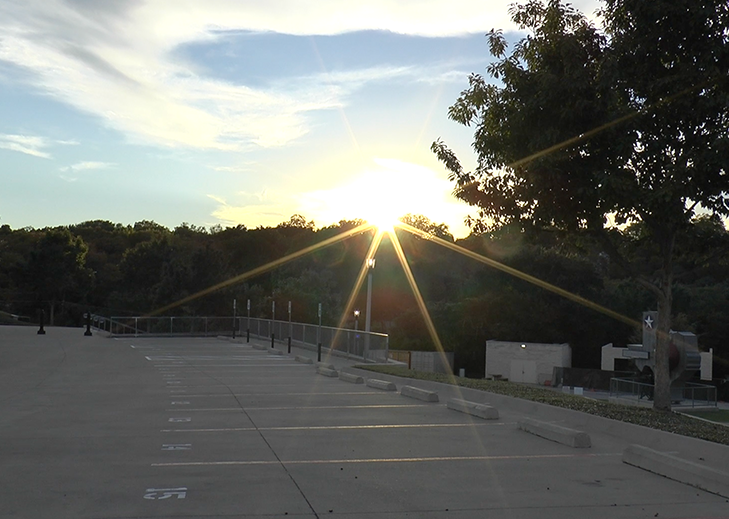The end of daylight saving time and the onset of winter could be affecting some people’s mental health. Seasonal Affective Depression (SAD) is a type of depression that deals with the change in season. “I’m not saying that everybody that has depression gets it in the wintertime, but there’s a subset of people who are more likely to get it as the days get shorter and the nights get longer,” said Dr. Daralynn Deardorff, TCU staff psychiatrist. Up to 7.9 percent of the general population has reported being affected by SAD, according to the study “Pathogenesis and management of seasonal affective disorder.” The wide range is related to the study and geographical region being studied. Daylight saving time ended Sunday where the clocks shifted back one hour, meaning the days are getting shorter and the nights are getting longer. Deardorff said the time change could have a big impact on someone’s mood. “You have this hour time change and it becomes much more noticeable,” Deardorff said. “It’s almost like your body is shocked in to ‘oh my gosh, winter’s coming.’” She said there are things that can help those who are having a difficult time dealing with the time change. “One of the things that help is maximizing our light exposure,” Deardorff said. “The college student’s not going to be happy to hear this, but I would encourage you to try and get up when the sun’s up.” Other pieces of advice she has is to get adequate and routine sleep, avoiding toxic substances, healthy diet and routine exercise. “Another thing that people may not think about so much down here in our Southern latitude is light box therapy,” Deardorff said. A light box is a machine that mimics natural light. It can be purchased at places such as Amazon or Bed Bath & Beyond. “Just like exercise, if you’re doing it every day and getting your light box treatment, it really can lift your spirits,” Deardorff said. TCU’s Counseling and Mental Health Center is open Monday through Wednesday from 8 a.m. to 8 p.m., and Thursday and Friday from 8 a.m. to 5 p.m.
Categories:
Daylight saving time may affect some students’ mood
By Taylor Boser
Published Nov 10, 2018
More to Discover







